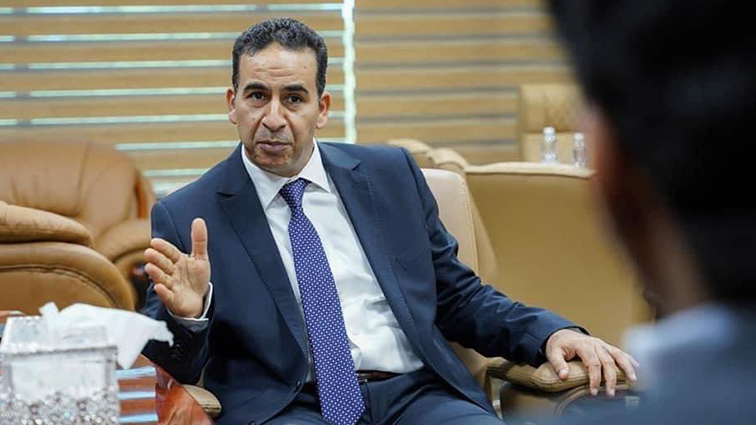The First Deputy Speaker of the Libyan House of Representatives, Fawzi Al-Nuwairi, expressed his rejection of the imposition of a new tax on the exchange rate of 27%, describing it as a “null decision.”
Al-Nuwairi said in a statement: “I reject in my official capacity this invalid decision in order to establish and issue its serious consequences and catastrophic results, as destroying the value of the official currency means destroying the purchasing power of the citizen and increasing uncontrolled inflation.”
Al-Noueiri continued: “The decision is clearly null and void and must be withdrawn or canceled if not by the one who issued it, it is by the House of Representatives collectively, as it was issued under pressure, interference and dictates of foreign countries through their embassies, and submitting to these dictates represents a waiver of national sovereignty.”
“There are more feasible economic alternatives to protect the currency without burdening the citizen with the consequences of spending chaos and restructuring the central bank’s board of directors, and the governor’s hand must be closed from acting unilaterally with monetary policy and imposing the use of foreign exchange reserves that exceed $ 80 billion, except gold, to strengthen the dinar,” he said.
“The governor placed reserves in unsafe hideouts, which is a crime that must be stopped, and the perpetrators held accountable,” al-Nuwairi said.
The Libyan MP called for “an emergency session of the Council to discuss the decision, take the necessary measures regarding it and ensure that no violation by the presidency of the Council or exceeding its competencies is repeated.”
Al-Nuwairi called on the Libyan judiciary to take “an urgent stance to protect Libya, its people and its economy from these random and destructive decisions”.
It is noteworthy that this decision, issued by the speaker of the Libyan House of Representatives, Aguila Saleh, devaluation of the dinar by imposing a tax of 27% on foreign currency purchases, in a move that he said will last until the end of the year only.
Egypt Expects to receive $639 million from the sale of two government assets
